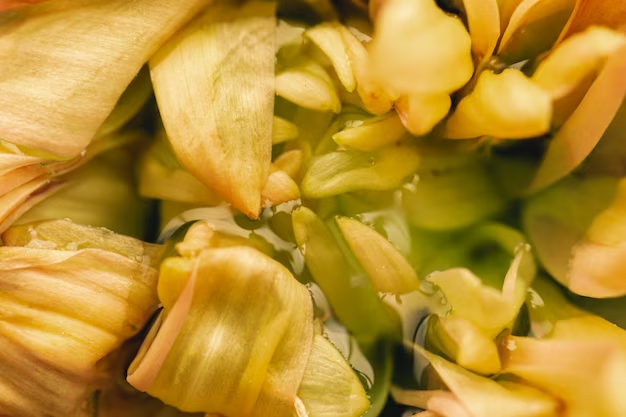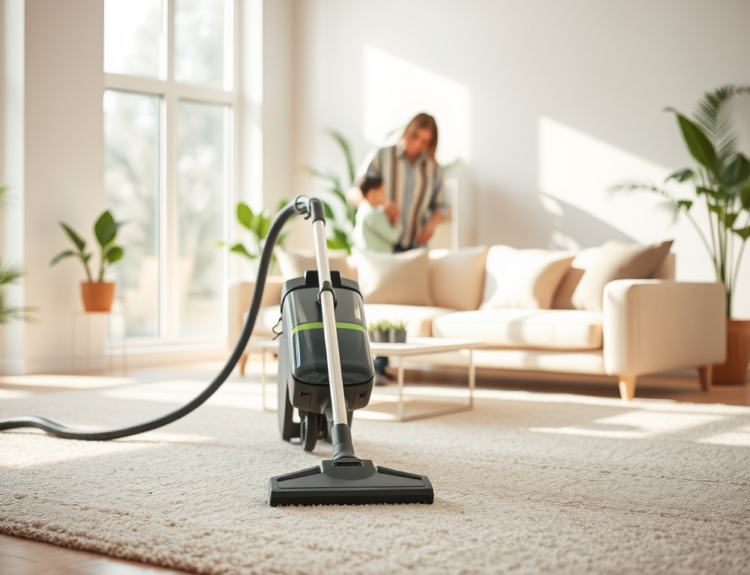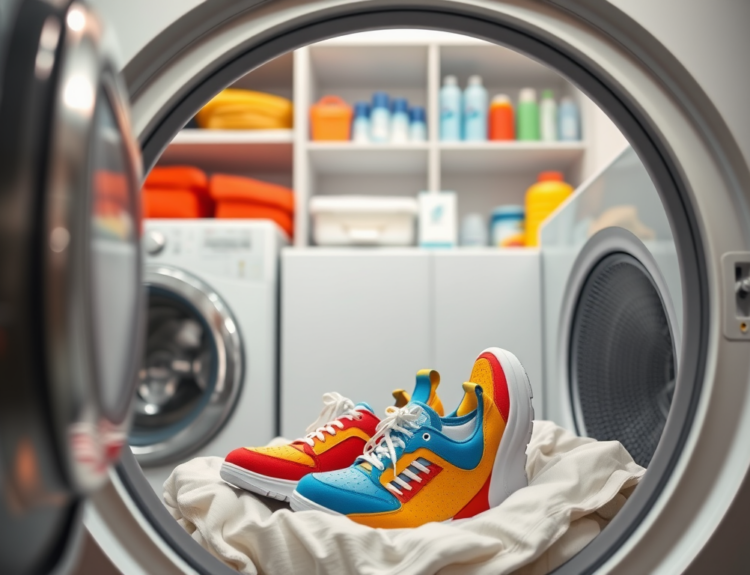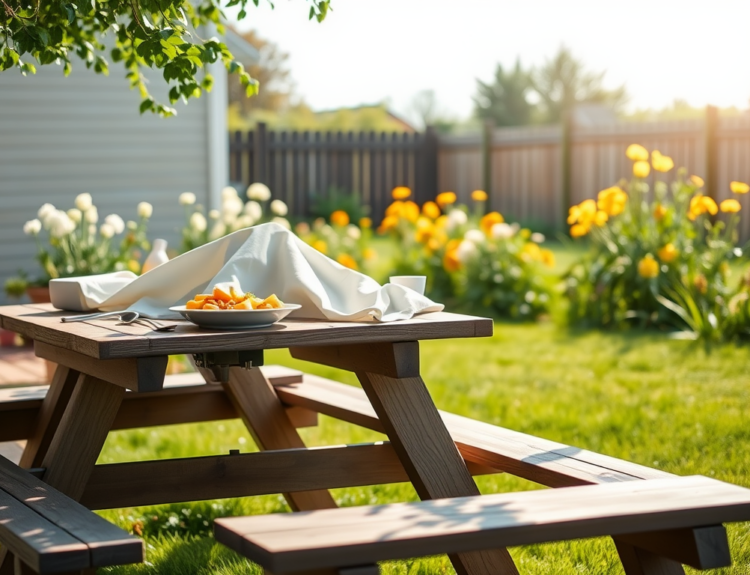When you notice, “why are the leaves on my gardenia plant turning yellow,” it’s a sign your beloved gardenia is signalling for help. The yellowing of gardenia leaves, often accompanied by concerns like, “what causes gardenia leaves to turn yellow and fall off,” can be attributed to various factors, including improper soil pH, nutrient deficiencies, and watering issues. Pinpointing and rectifying the root cause can restore the lush green foliage of your gardenia. By properly diagnosing and caring for your gardenia, you will also understand how long does it take for gardenia buds to open and delight in their blooming.
Understanding Yellow Leaves on Gardenias
Common Causes of Yellowing Leaves
Determining “why are the leaves on my gardenia plant turning yellow” leads us to common causes such as over-watering or under-watering. These issues can stress the plant, causing leaves to not only yellow but also prompting gardeners to ask, “what causes gardenia leaves to turn yellow and fall off?” Environmental stressors, like excessive direct sunlight or exposure to cold drafts, are additional contributors to leaf yellowing. Without addressing these issues, more severe symptoms such as “why are my gardenia leaves turning brown and crispy” can arise, indicating prolonged distress. To treat the yellowing effectively, the specific cause must be uncovered.
Identifying Nutrient Deficiencies
Nutrient deficiencies manifest in recognizable patterns on gardenia leaves, giving clues for remedies. For example, a common question, “gardenia leaves turning yellow with brown spots,” points to a possible magnesium deficiency, which is crucial for chlorophyll production. Other deficiencies can lead to queries like, “why are my gardenia leaves turning brown and crispy,” which might also be linked to issues like improper pH that block nutrient uptake, rather than just direct dehydration or heat stress.
The Role of Watering Practices
Proper watering is vital to the health of gardenias, often being the answer to “what causes gardenia leaves to turn yellow and fall off.” Achieving and maintaining the ideal moisture level in the soil involves a watering schedule that’s responsive to climate and seasonal changes, ensuring gardenias receive consistent care.
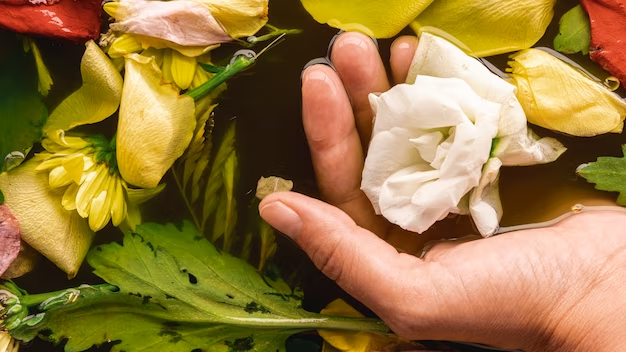
Initial Steps to Address Yellow Leaves
Assessing the Soil Quality
Revival begins with evaluating the soil’s condition. Gardenias thrive in well-draining, acidic soil, necessitating a periodical check to ensure the pH remains favorable, thus preventing cases where gardeners lament their “gardenia leaves turning yellow with brown spots” due to nutrient lockout.
Adjusting Watering Habits
- Monitor the soil moisture level diligently before each watering to avoid overwatering, a common answer to the question, “why are the leaves on my gardenia plant turning yellow.”
- Water deeply to encourage strong root growth, a move that can also impact how long does it take for gardenia buds to open through improved plant health.
Finding a balance in watering habits will combat issues often voiced by gardeners as, “what causes gardenia leaves to turn yellow and fall off,” and set the stage for thriving gardenia plants.
Proper Sunlight and Placement
Gardenias require bright, indirect light to thrive, avoiding the full force of the sun which can cause leaves to become scorched, addressing concerns such as, “why are my gardenia leaves turning brown and crispy.” Protection from the cold is equally important to prevent yellowing from cold damage.
Nutritional Interventions for Healthier Gardenias
The Importance of Soil pH
A critical factor in preventing “gardenia leaves turning yellow with brown spots” is maintaining the appropriate acidic soil pH, which supports nutrient availability and the healthy green color of the leaves.
Fertilizer Selection and Usage
| Nutrient | Fertilizer Type | Function in Plant |
|---|---|---|
| Nitrogen | Complete Fertilizer (e.g., NPK 6-6-6) | Encourages healthy foliage growth |
| Phosphorus | Bone Meal, Rock Phosphate | Essential for robust roots and blooms |
| Potassium | Potash, Green Sand | Increases disease resistance and overall vitality |
| Magnesium | Epsom Salt (Magnesium Sulfate) | Helps prevent yellowing of leaves |
| Iron | Chelated Iron or Sulphate of Iron | Ensures rich green leaves |
With careful consideration of these nutritional elements, you’ll find not only greener leaves but also an answer to “how long does it take for gardenia buds to open,” as optimal health leads to timely and vibrant blooms.

Pest Management and Disease Control
Identifying Common Gardenia Pests
Often, gardeners’ perennial question, “why are the leaves on my gardenia plant turning yellow,” can be traced back to pest invasions. Common culprits such as aphids, spider mites, and scale insects suck on plant sap, weakening the gardenia and causing leaves to yellow and decline. Close inspection of your plant can reveal these tiny pests hiding underneath leaves or along stems. Immediate intervention is essential to prevent these pests from multiplying and compounding the problem.
Organic and Chemical Treatment Options
- Apply organic treatments like neem oil during the cooler parts of the day to avoid burning the leaves.
- Introduce beneficial insects, such as ladybugs, which feed on common gardenia pests and help maintain a natural balance.
When addressing gardenia pest issues, you have a variety of control methods at your disposal. Organic solutions such as neem oil or insecticidal soaps effectively combat pest infestations without introducing harsh chemicals into your environment. Should these methods prove insufficient, chemical pesticides can be used, but always as a last resort and with great care, following label directions precisely to avoid damage to the gardenia or the surrounding ecosystem.
Preventing Diseases in Gardenia Plants
Preventative measures against disease include ensuring good air circulation around your gardenias and avoiding wetting the foliage when watering to prevent fungal diseases such as leaf spot or sooty mold. Inspecting plants regularly and removing any infected leaves or debris can also thwart the spread of diseases that cause yellowing leaves.
Long-Term Care and Maintenance
Pruning and Deadheading Techniques
A proactive approach in the care of your gardenia includes regular pruning and deadheading. Not only does this encourage bushier growth and more blooms, but it also allows you to remove any yellowed or damaged foliage, improving the plant’s overall appearance and health. Pruning should be done after the gardenia has finished blooming to avoid cutting off future flower buds.
Seasonal Gardenia Care Tips
- In spring, apply a balanced fertilizer to support growth and blooming.
- As temperatures drop in the fall, reduce watering and stop fertilizing to allow the plant to enter dormancy properly.
Gardenia care varies with the seasons. During the growing season, gardenias need more water and fertilizer, while in the dormant winter months, these needs decrease. Adjust your care routine accordingly to keep your gardenia thriving year-round.
Monitoring Plant Health Regularly
Regular monitoring not only helps in catching problems early but also allows you to appreciate the growth and blooming patterns of your gardenia, such as understanding the time it takes for buds to open fully. Observing changes in the foliage, blooms, and overall vigor of your gardenia will give you the best chance to maintain its health.

Conclusion
Recognizing and addressing the various causes of yellow leaves, from watering practices and soil pH to nutrition, pests, and diseases, are crucial steps to restore your gardenia’s health. With careful observation and maintenance, you can enjoy the lush, green foliage and exquisite blooms of your gardenia for many seasons to come. Remember, gardenia care is a continual process—the path to a healthy plant requires constant attention and learning.
FAQs
- Why are my gardenia’s leaves turning yellow even after treatment? If your gardenia’s leaves continue to yellow despite treatment, consider reassessing all care aspects, including light, water, and feeding. Sometimes, an overlooked factor like root rot or a persistent pest problem could be at play. Patience is vital, as some treatments take time to show results.
- How often should I fertilize my gardenia plant? During the growing season (spring and summer), fertilize your gardenia every two to four weeks with an acid-based fertilizer. In fall and winter, cease fertilizing to allow the plant to rest.
- Can poor drainage cause yellow leaves on gardenias? Yes, poor drainage can lead to yellow leaves as it causes root rot, a condition where roots cannot take up nutrients effectively, leading to yellowing and dropping of leaves.
- What is the best way to water a gardenia plant? The best way to water a gardenia is to keep the soil consistently moist but not soggy. Use deep, infrequent watering to encourage robust root growth, and always check the top inch of the soil for dryness before watering again.
- How should I prune a gardenia to prevent yellowing of leaves? Prune your gardenia right after its blooming period ends, removing any dead or yellowing leaves, as well as crossing or inward-growing branches, to improve light penetration and air circulation, which can help prevent yellowing leaves.
